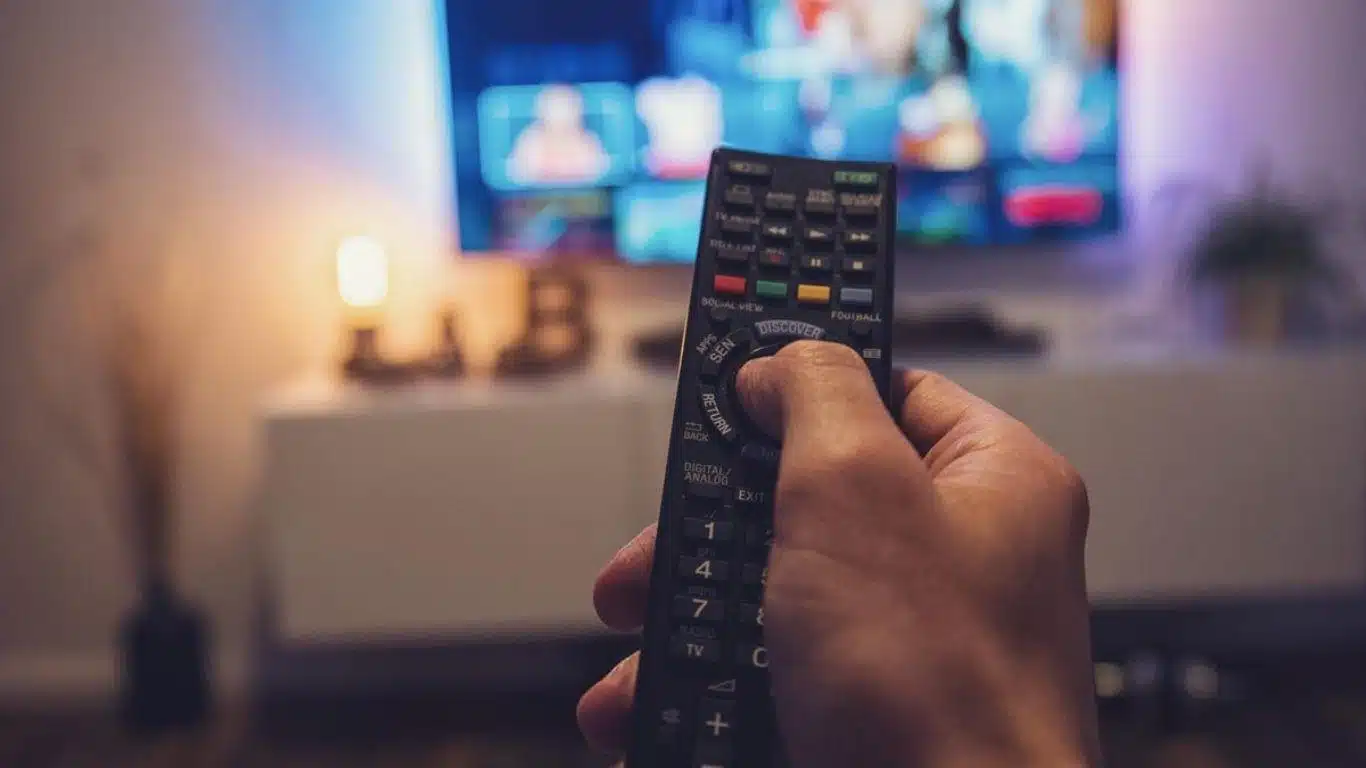- We will show why journaling can be a more effective and rewarding way to take care of your mental health than watching T…
- Journaling has been shown to have many benefits for mental health.
- Self-awareness and Personal Growth: Journaling can help you become more self-aware and reflective.
- Watching TV can also have negative effects on mental health in other ways.
- When it comes to improving mental health, journaling and watching TV are two very different activities.
- Journaling is a powerful tool for improving mental health and well-being, and can be more effective than watching TV.
How Journaling Can Improve Your Mental Health More Than Watching TV: Journaling is a simple yet effective way to take care of your mental health. It involves writing down your thoughts and feelings in a notebook or digital journal, and can be a powerful tool for self-reflection and personal growth. In today’s world, we are constantly bombarded by screens and digital media, and watching TV has become a popular form of entertainment and relaxation. However, while watching TV may provide temporary relief, it may not be the best option for improving mental health in the long run. In this article, we will explore the benefits of journaling for mental health and compare it to the potentially negative effects of watching TV. We will show why journaling can be a more effective and rewarding way to take care of your mental health than watching TV.
Benefits of Journaling

Journaling has been shown to have many benefits for mental health. Here are some of the ways that journaling can improve your mental health:
- Therapeutic: Writing in a journal can be a therapeutic experience. It can help you process difficult emotions and experiences, and provide a safe space to express yourself without fear of judgment.
- Anxiety and Depression Management: Journaling can be an effective tool for managing anxiety and depression. By writing down your worries and concerns, you can gain clarity and perspective, and develop a more positive outlook.
- Self-awareness and Personal Growth: Journaling can help you become more self-aware and reflective. By regularly reflecting on your thoughts and experiences, you can gain a deeper understanding of yourself and your patterns of behavior, which can lead to personal growth.
- Stress Reduction: Journaling can be a great way to reduce stress. By writing down your thoughts and feelings, you can release tension and clear your mind, which can help you feel more relaxed.
- Improved Memory: Writing things down can also help improve memory. By taking notes in a journal, you can keep track of important information and experiences, which can help you remember them more clearly.
Negative Effects of Watching TV

While watching TV can be a form of entertainment and relaxation, it can also have negative effects on mental health. One of the most significant negative effects of watching TV is that it can lead to a sedentary lifestyle. Spending long hours sitting in front of a TV can increase the risk of obesity, heart disease, and other health problems. In addition, excessive screen time can lead to eye strain, headaches, and sleep disturbances. These physical effects can also impact mental health, leading to feelings of fatigue and irritability.
Watching TV can also have negative effects on mental health in other ways. For example, some studies have shown that watching TV can lead to a decrease in creativity and imagination. Instead of engaging in creative activities or using their imagination, people may become passive consumers of media. Additionally, excessive TV watching can lead to feelings of isolation and loneliness. Spending hours alone in front of a screen can lead to a sense of disconnection from the world around us, and may contribute to feelings of depression and anxiety.
Comparison of Journaling and Watching TV

When it comes to improving mental health, journaling and watching TV are two very different activities. Here are some ways in which journaling can be a better option than watching TV:
- Active vs. Passive: Journaling is an active activity that requires engagement and participation, while watching TV is a passive activity that often involves simply consuming content. By actively engaging with your thoughts and feelings through journaling, you can develop a deeper sense of self-awareness and personal growth.
- Accomplishment and Self-Care: When you journal, you are taking an active step towards improving your mental health. By setting aside time to reflect on your thoughts and emotions, you are engaging in an act of self-care and self-improvement. Watching TV, on the other hand, may provide temporary relief, but it does not offer the same sense of accomplishment or long-term benefit.
- Mindful vs. Mindless: Journaling requires you to be present and mindful, as you reflect on your thoughts and emotions. Watching TV, on the other hand, can be a mindless activity that does not require much focus or attention. By practicing mindfulness through journaling, you can develop a greater sense of self-awareness and reduce stress and anxiety.
Conclusion
Journaling is a powerful tool for improving mental health and well-being, and can be more effective than watching TV. While watching TV can provide temporary relief and distraction, it does not offer the same long-term benefits as journaling. Journaling can be a therapeutic and self-reflective activity that helps manage anxiety and depression, improves self-awareness, and reduces stress.
Also Read: How to Become Communication Master learn From These Books



